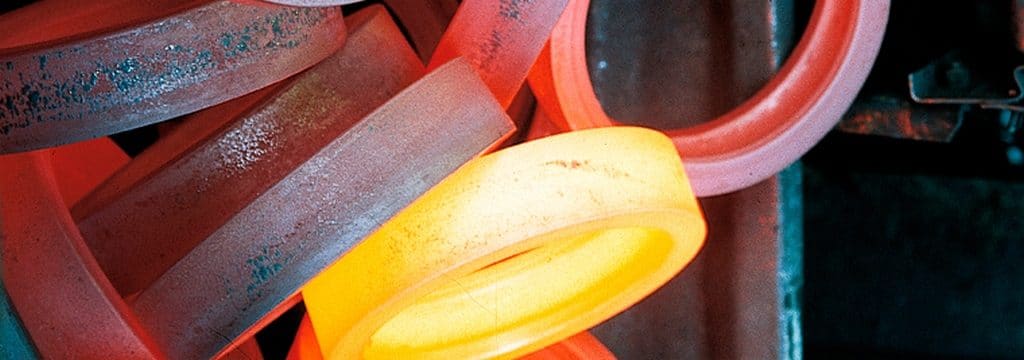Crafting Excellence: The Intricate Role of Ring Rolling Mills in Shaping the Future of Metal Manufacturing
Among the wide array of machinery employed in the manufacturing industry, Ring Rolling Mills stand as a testament to technological innovation. Known for their optimal performance, strategic operating principles, and vast application range, these machines have been game-changers in the world of metal manufacturing. This article explores the impressive attributes of Ring Rolling Mills.
Performance:
Boldly at the forefront of modern metal manufacturing, Ring Rolling Mills consistently captivate with their ability to produce large-scale and precision-crafted ring formations. Integrated with cutting-edge technological components, these machines excel in managing demanding workloads, delivering high-quality results with remarkable regularity. Furthermore, the energy-efficient design of Ring Rolling Mills contribute to environmentally friendly manufacturing processes and a significant reduction in operational costs.
Operating Principles:
The operating principles of Ring Rolling Mills are rooted in the combination of heat and intense pressure. The process begins with preparing the metal through pre-heating, then placing it under a designated dye. Following this, a heavy-duty press machine applies significant force to shape the metal into the chosen form. This method allows for a transformation of the metal's granular structure and creates uniform and meticulously precise rings.
Applications:
Ring Rolling Mills have carved out a significant place for themselves in various industries - a testament to their versatility and efficiency. In the aerospace industry, they play a crucial role in manufacturing important mechanical parts such as engine fan blades. The automotive industry also heavily relies on Ring Rolling Mills for the production of critical components like bearings and gears. Meanwhile, in the construction realm, these machines enable the creation of large infrastructure, such as bridges and towers.
Ring Rolling Mills epitomize the precision, efficiency, and versatility required to shape the future of metal manufacturing. This technology, coupled with energy-efficient design, ensures they remain pivotal in the progress of the manufacturing industry.






